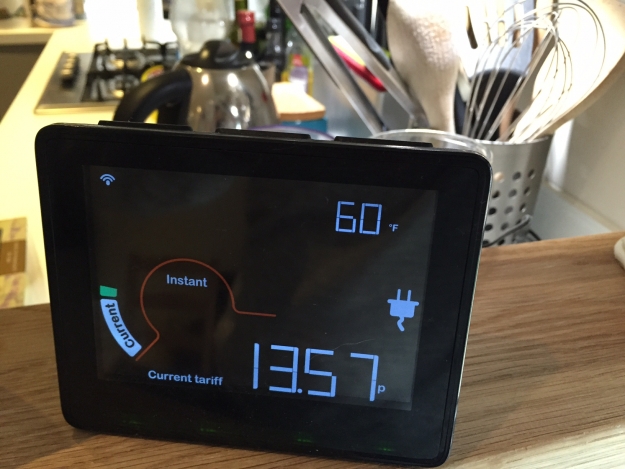The government has reaffirmed its pledge to install 53 million smart meters across the UK by 2020 in its official response to the Competition Markets Authority’s (CMA) provisional findings in its energy market investigation.
The CMA’s provisional findings identified that energy suppliers were able to continue charging higher prices to consumers because people do not switch suppliers to find the best deal. A survey carried out by the CMA found that 34% had never considered switching energy supplier.
As part of the government’s official response to the report, the Department of Energy and Climate Change (DECC) has said that its plans to install smart meters would bring an end to estimated billing and help facilitate faster switching. The government is also aiming to introduce 24 hour switching in 2018 and 2020.
However, the Climate Change Committee (CCC) has previously warned that the government is falling behind its targets for a smart meter rollout. The CCC said that the smart meter programme could be a “costly failure” thanks to a number of technical, logistical and public communication issues.
Lord Bourne, parliamentary under-secretary of state for energy and climate change, defended the government’s record on energy bills, saying that lowering bills for “hardworking families” was DECC’s number one priority.
He continued: “The CMA has rightly identified that one of the biggest concerns is people not shopping around to get the best tariff. We know this is the key to people getting a better deal on their energy bills and are already working on measures to improve this.
“Whilst we wait for the official findings of the report, due later this year, we will continue to promote competition in Britain’s energy market because competition helps drive down prices and push energy companies to keep bills as low as possible. We will also look into the CMA’s proposed solution of a safeguarding tariff which has the potential to protect those consumers who do not, or cannot switch.”
The government has said that it is currently considering the remedies suggested by the CMS during its preliminary findings.





